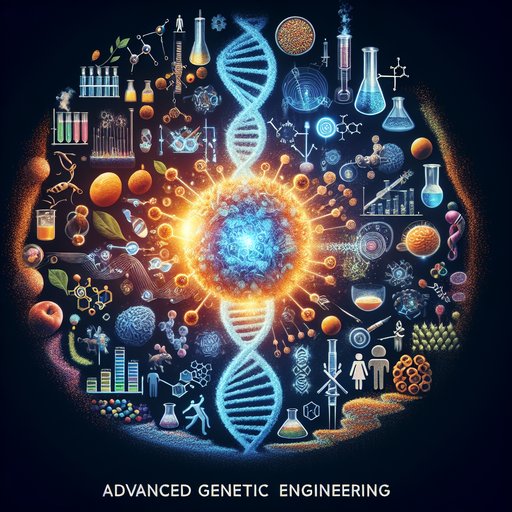
The field of genetic engineering is undergoing a revolution, with recent advancements paving the way for unprecedented possibilities. From curing genetic diseases to enhancing crop yields, the potential applications of these breakthroughs could fundamentally alter our lives and society as we know it.
Genetic engineering, once a concept confined to science fiction, has become a tangible reality. The advent of technologies such as CRISPR-Cas9 has enabled scientists to edit DNA with unprecedented precision, opening up a world of possibilities. The most immediate application of these advancements lies in the realm of medicine. Scientists are now able to correct genetic mutations that cause diseases such as cystic fibrosis and Huntington's.
This could lead to the eradication of many genetic diseases, profoundly impacting millions of lives. Beyond medicine, these advancements could revolutionize agriculture. By editing the genes of crops, scientists can enhance their resistance to diseases and pests, increase their nutritional value, and improve their adaptability to different climates. This could significantly bolster food security in a world grappling with climate change and a growing population.
However, the power to edit life's blueprint is not without its challenges and ethical considerations. The potential misuse of these technologies, such as the creation of 'designer babies', has sparked intense debate. Striking a balance between harnessing the benefits and mitigating the risks will be a critical task for society. Moreover, the accessibility of these technologies could widen existing socio-economic disparities.
The ability to afford genetic enhancements could create a divide between the 'genetically rich' and the 'genetically poor'. Addressing these issues will require careful policy-making and regulation. Despite these challenges, the potential benefits of advanced genetic engineering are undeniable. As we stand on the brink of a new era, the decisions we make now will shape the future of our species and our planet.
The dawn of advanced genetic engineering is here. It promises a future where genetic diseases are a thing of the past, where our food is tailored to our needs, and where we have unprecedented control over our biological destiny. The question is, are we ready for it?












































